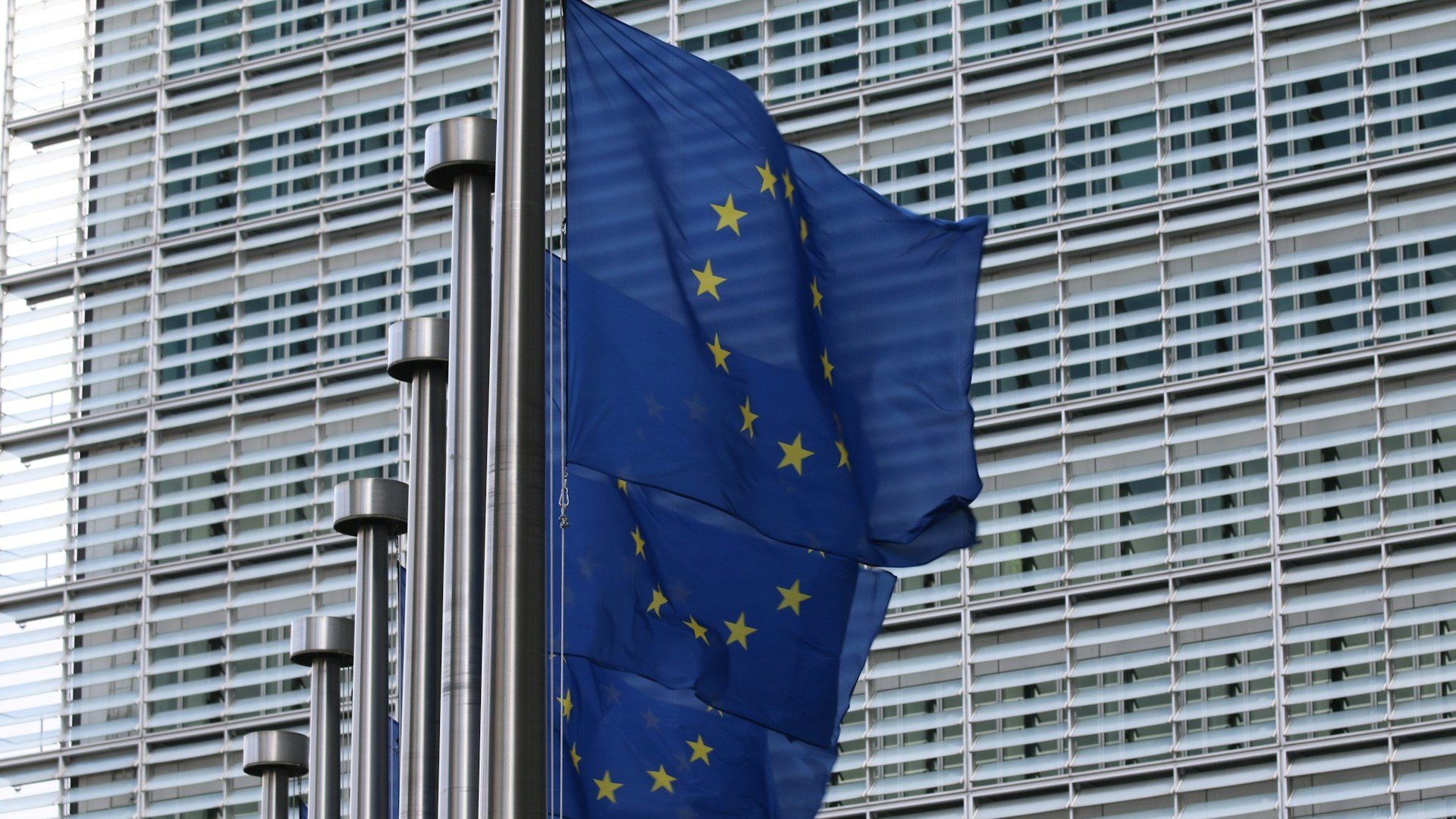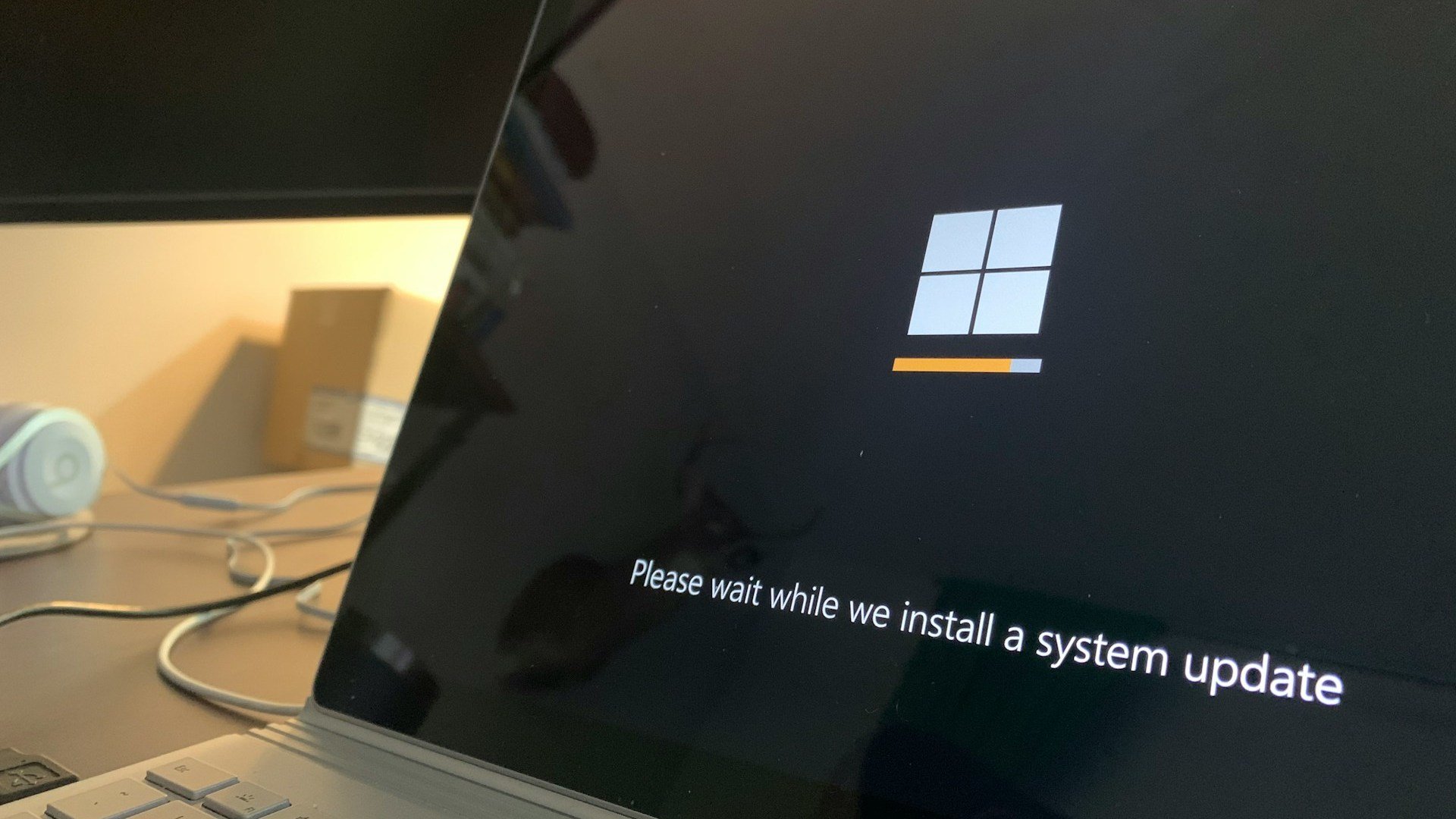Microsoft have stepped back from their position on OpenAI’s governance board following tensions with EU regulators over the partnership last month.
In a letter released on Tuesday, they confirmed their immediate resignation of the observer status they have held for the past 8 months.
Microsoft Took Seat During Altman Ousting

Microsoft took their seat on the OpenAI governance board late last year during the incident where Sam Altman, the OpenAI CEO, was ousted and then quickly re-instated.
They took up an observer status on the board as Altman was brought back in his position.
Billions of Investment

Microsoft have input massive investments to OpenAI, initially investing $1 billion back in 2019.
Microsoft’s leadership, at the time, were worried about their competition pulling ahead of them in their AI capabilities. They have now invested a reported $13 billion in OpenAI.
Microsoft and OpenAI Co-Pilots in AI Sector

Since Microsoft’s initial investment in OpenAI, the 2 companies have become close collaborators.
Microsoft control a large amount of the hardware needed to deploy AI-driven services. OpenAI technology has enabled Microsoft to develop a suite of AI-driven tools they call ‘co-pilots’ that offer AI assistance on services such as Microsoft Word and Powerpoint.
EU Commission Worried About Microsoft OpenAI Influence

The European Commission expressed concern that Microsoft may have undue influence on OpenAI.
Margrethe Vestager, the executive vice-president for competition policy at the commission, said: “Microsoft has invested $13 billion in OpenAI over the years. But we have to make sure that partnerships like this do not become a disguise for one partner getting a controlling influence over the other.”
Exclusive Access

Microsoft’s position as observer had given them exclusive access to top level OpenAI decision-making.
As they were able to sit in on internal meetings, they could follow confidential developments first-hand.
Microsoft Give Up Seat

After 8 months, Microsoft have made the decisison to give up their seat, citing stability at OpenAI’s board as the reason.
They released a statment saying that they now had faith in OpenAI’s leadership following the upheaval to the board during Altman’s removal and return late last year.
Companies Increasingly Competitive

Despite their previous collaborations, the two companies are increasingly competing with each other in AI.
The two companies are keen to show their independence from one another to regulators such as the European Commission.
Microsoft Voting Rights at OpenAI

Microsoft were a member of OpenAI’s board, which gave them exclusive access, but, as observers, no voting rights.
This meant that although they could sit in on meetings, they were unable to directly influence leadership at the AI company.
Lawyer Believes Regulators Influenced Decision

Alex Haffner, a partner at Fladgate, a UK law firm, suggests to ABC News that regulator scrutiny, rather than the stability of OpenAI’s board, was the defining reason for Microsoft’s decision.
He said: “It is clear that regulators are very much focused on the complex web of inter-relationships that Big Tech has created with AI providers, hence the need for Microsoft and others to carefully consider how they structure these arrangements going forward.”


